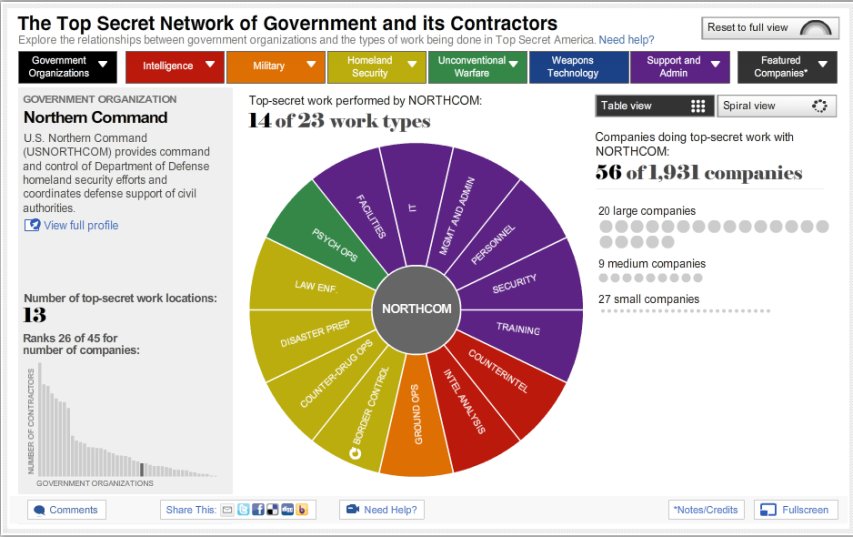An interesting post at the official website for Prime Minister David Cameron talks about former Prime Minister Margaret Thatcher and her relationship with the Joint Intelligence Committee during her time in office:
Soon after taking office a new Prime Minister receives special briefings from the Cabinet Secretary. One is on the ‘letters of last resort’, which give instructions to the commander of the British submarine on patrol with the nuclear deterrent, in the event of an attack that destroys the Government. Another briefing outlines the structure and control of the intelligence machinery, including the Joint Intelligence Committee (JIC) in the Cabinet Office. Sir John Hunt, the Cabinet Secretary in 1979, briefed Margaret Thatcher on the intelligence structure, including counter-subversion activities, the day after her election victory of 3 May.
Thatcher had started a programme of visits to Government departments to see first-hand what some of the 732,000 officials inherited from James Callaghan’s administration actually did. In September, during a routine briefing by Brian Tovey, the Director of GCHQ, Thatcher showed great interest in the way in which intelligence was collated and assessed by the JIC, stressing that assessment should be free from policy (or political) considerations. She also expressed a wish to attend a JIC meeting. It would be the first time a Prime Minister had attended the JIC since its creation in 1936.
It fell to Sir John Hunt, a former Secretary of the JIC, to make the arrangements, but there were complications. First, the JIC Chairman, Sir Antony Duff of the Foreign and Commonwealth Office (FCO), had also been made Deputy Governor of Southern Rhodesia (now Zimbabwe) after the British Government assumed direct rule of the rebellious colony. He was a key participant in the Lancaster House Conference, aiming finally to settle the Rhodesian problem, and could not be sure to attend the JIC until after its conclusion. Second, the JIC normally met on Thursday mornings in 70 Whitehall, which was also when the Cabinet met in 10 Downing Street, so a special JIC meeting would need to be arranged.




